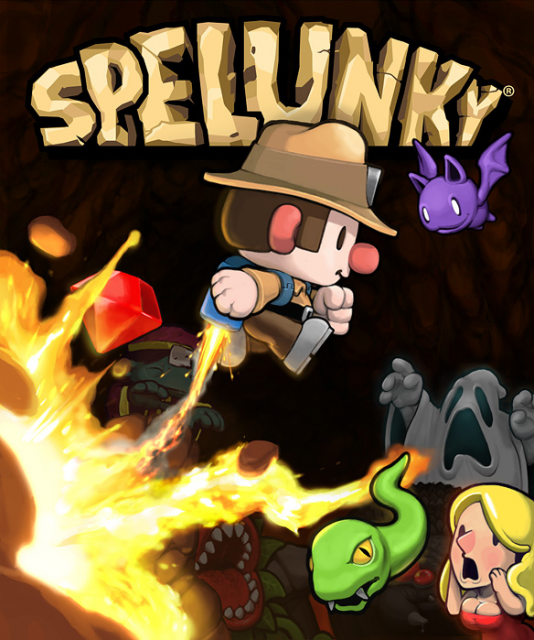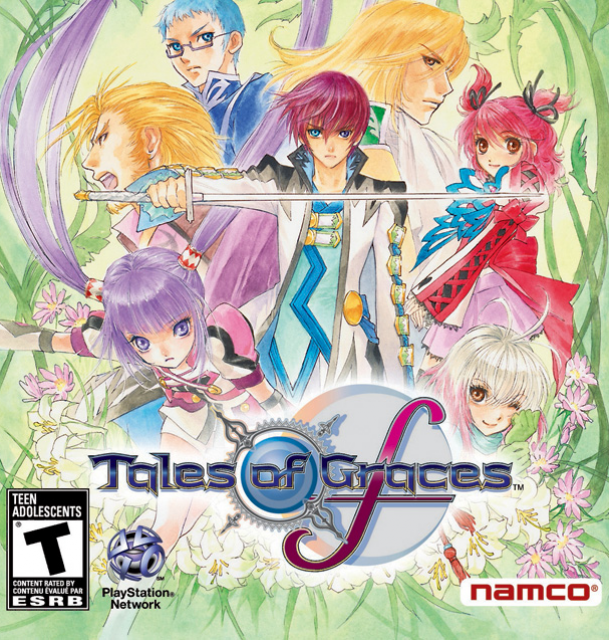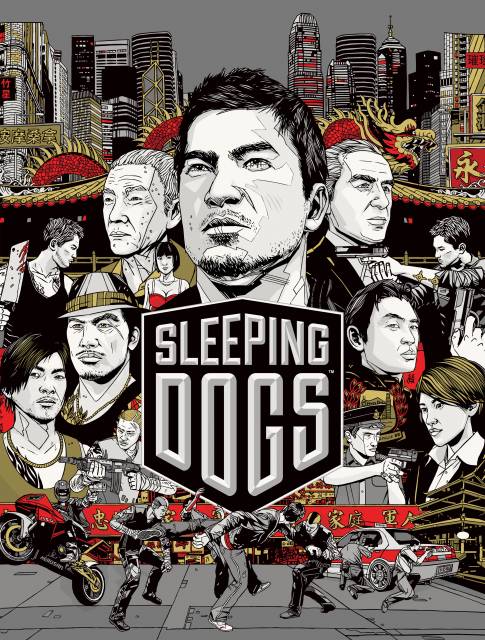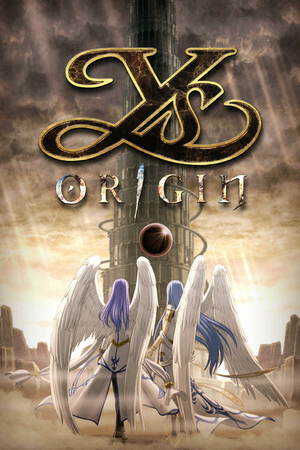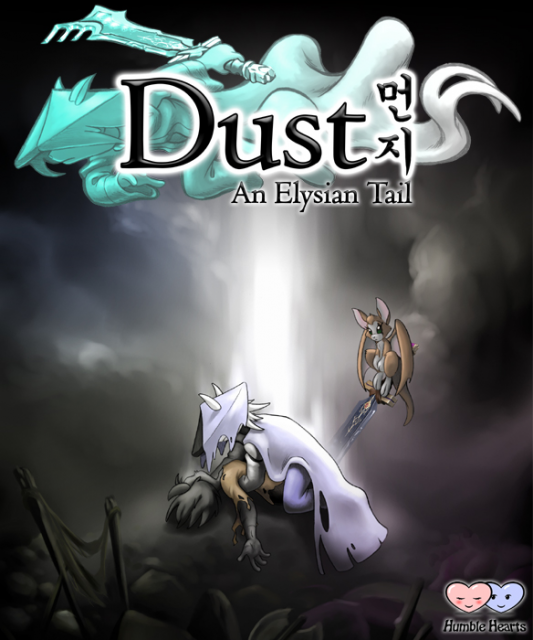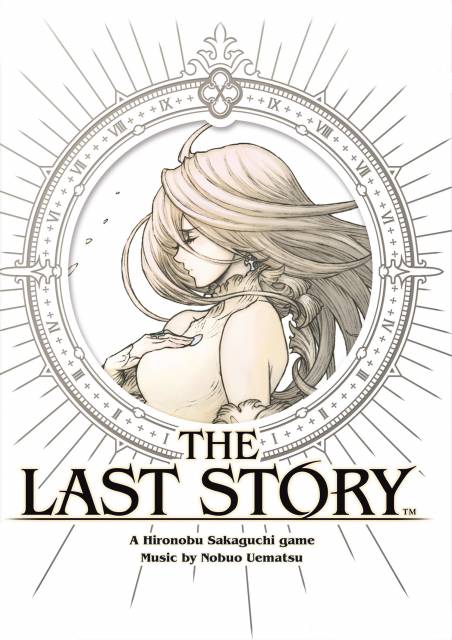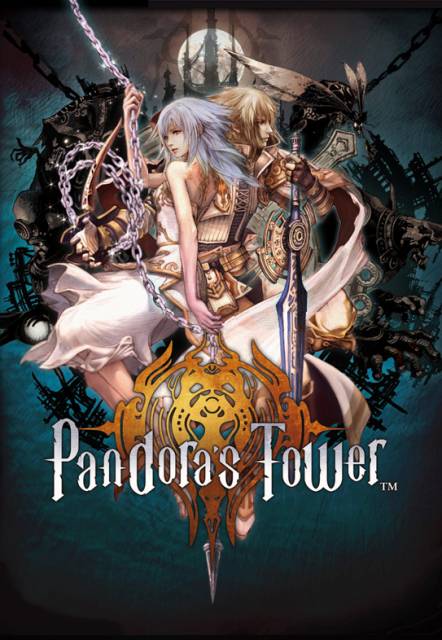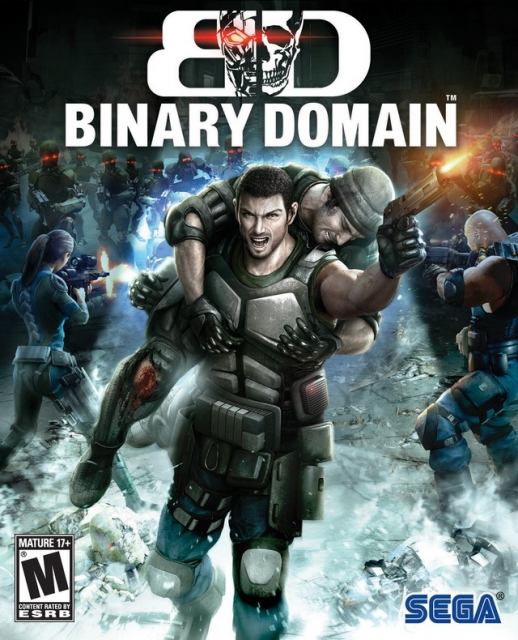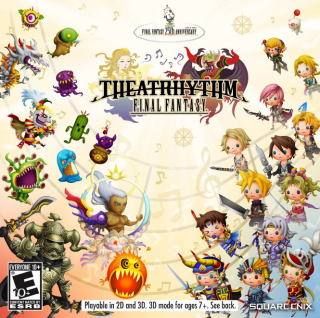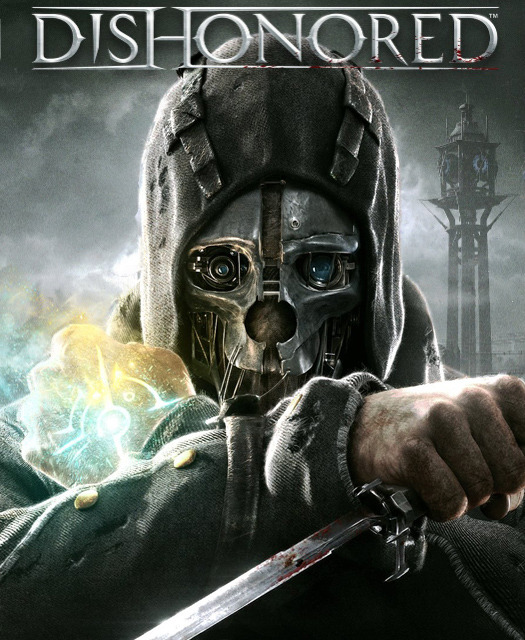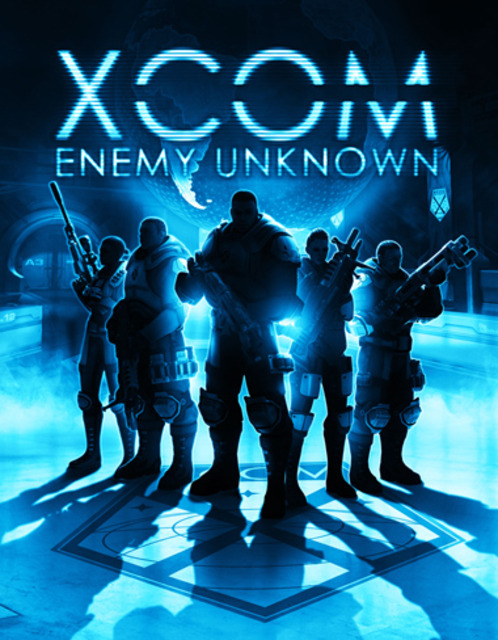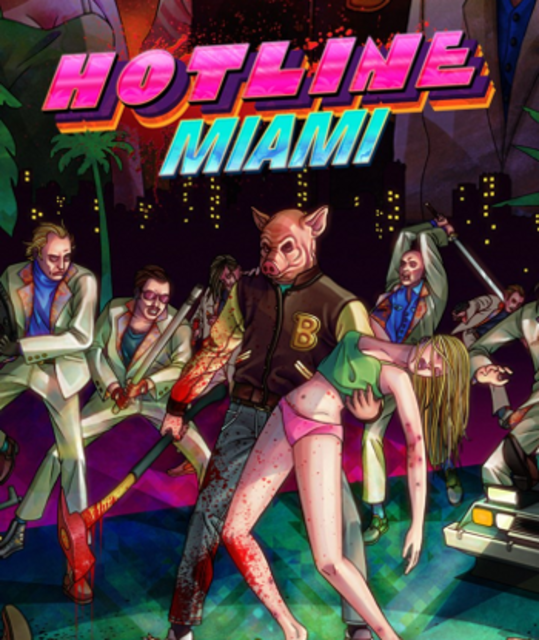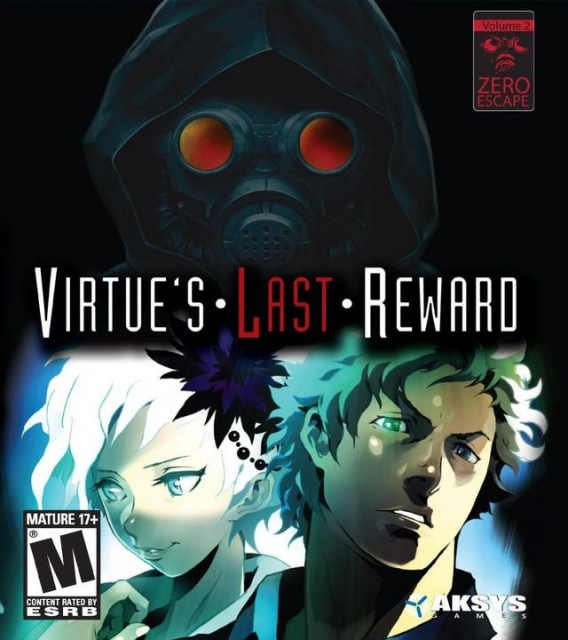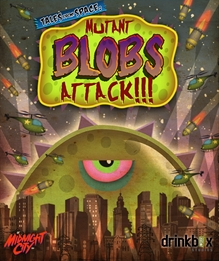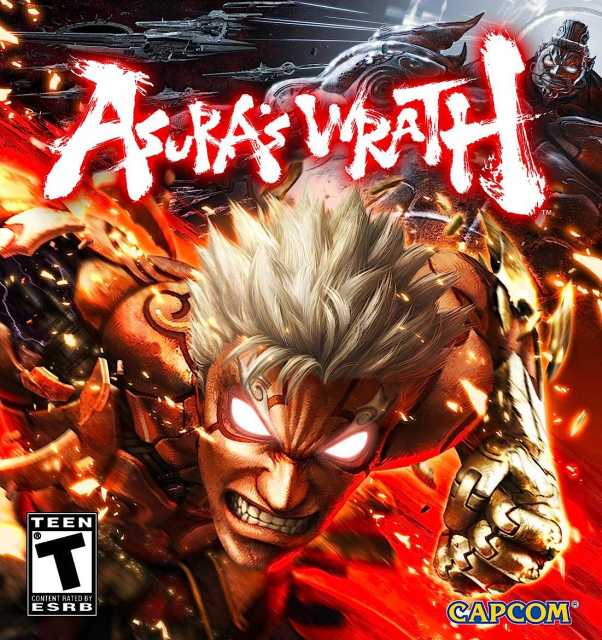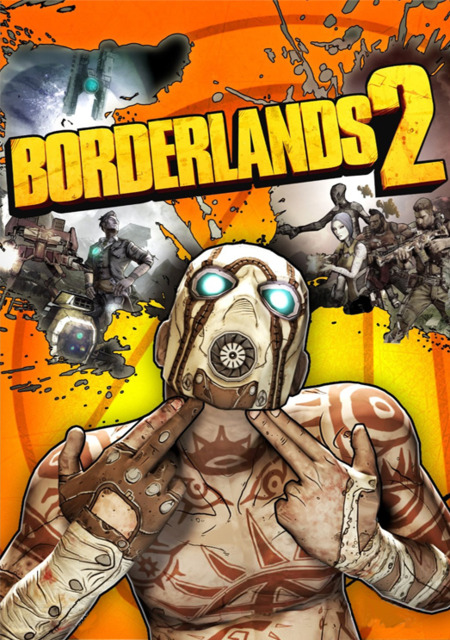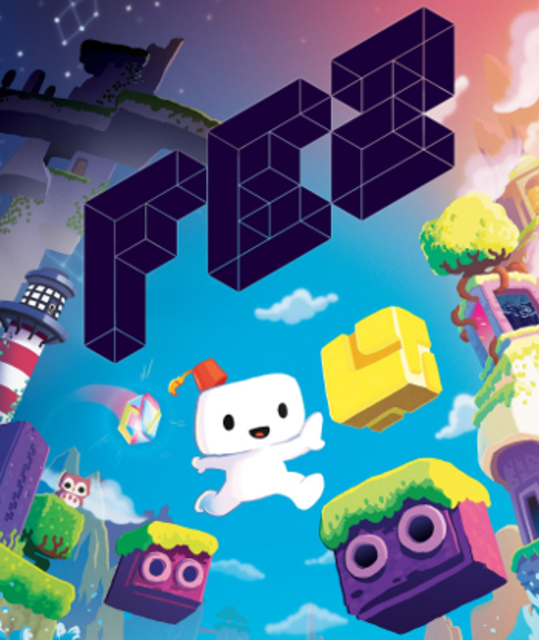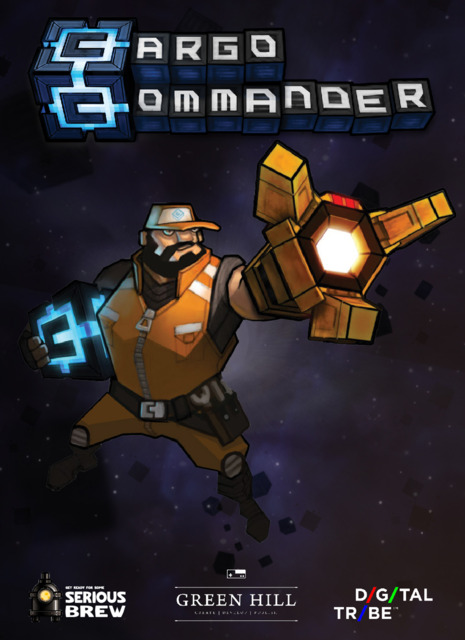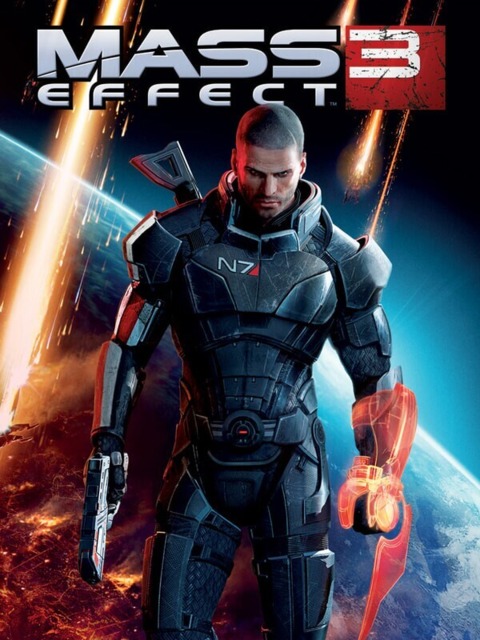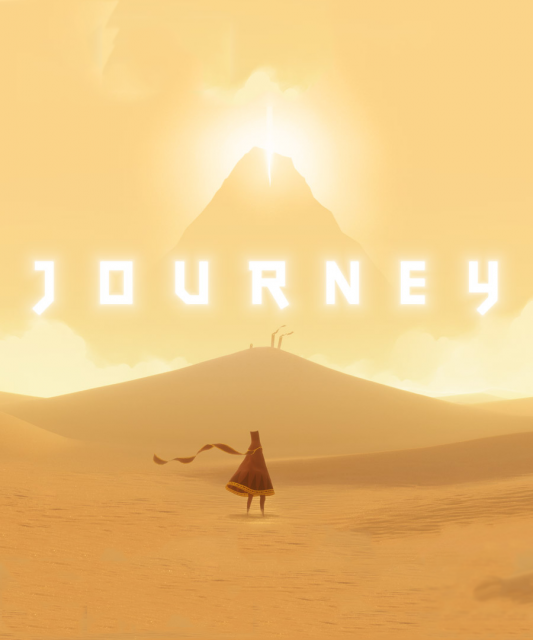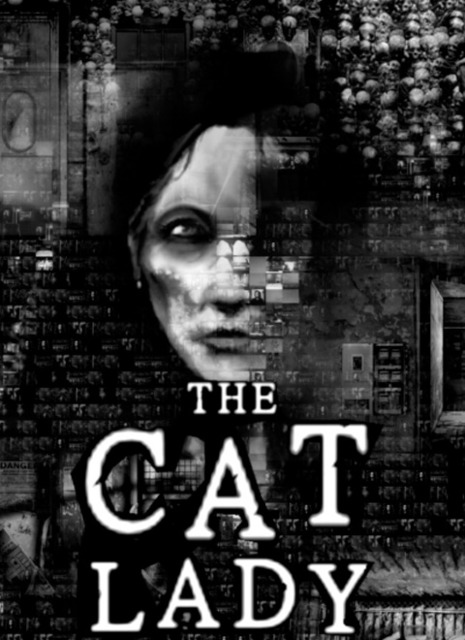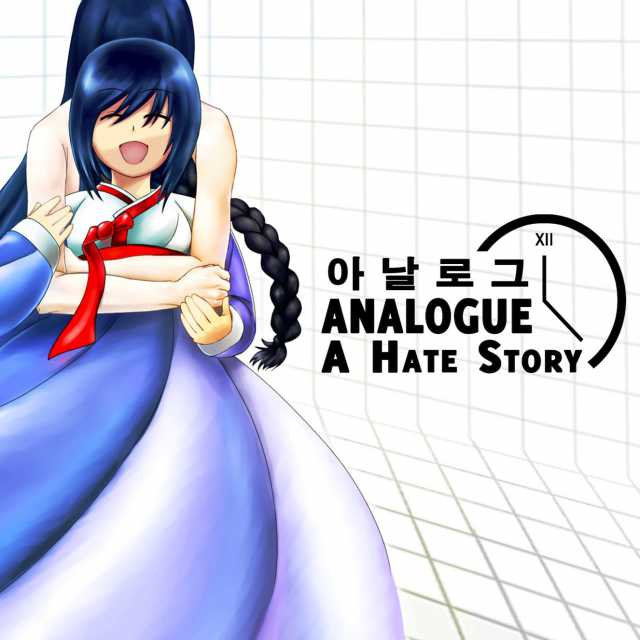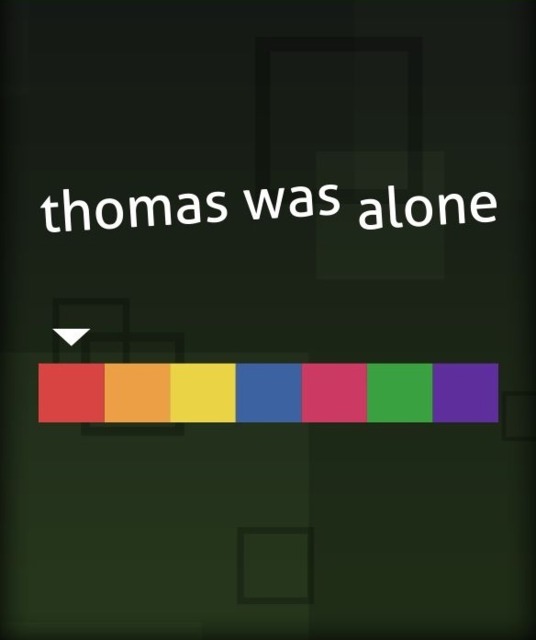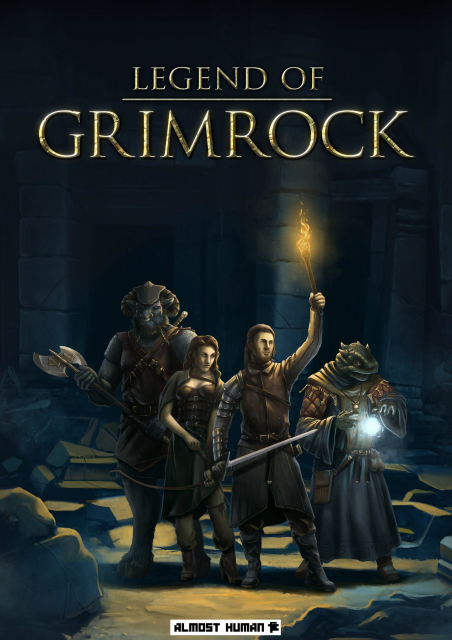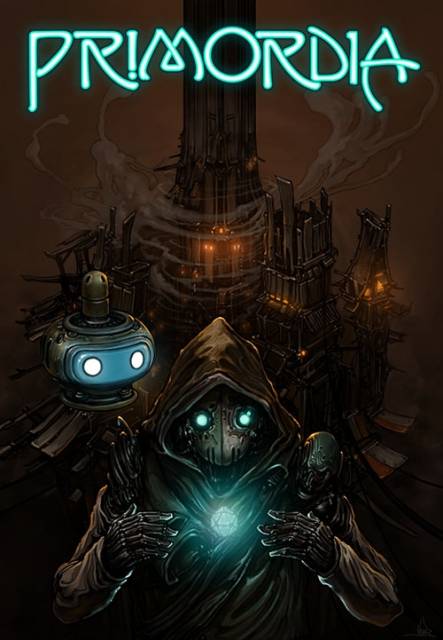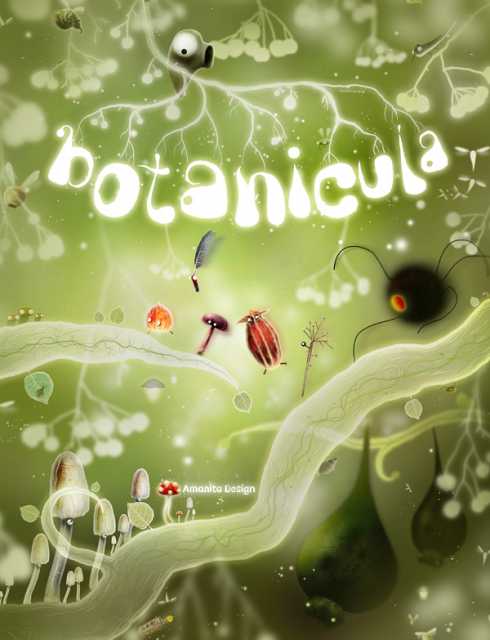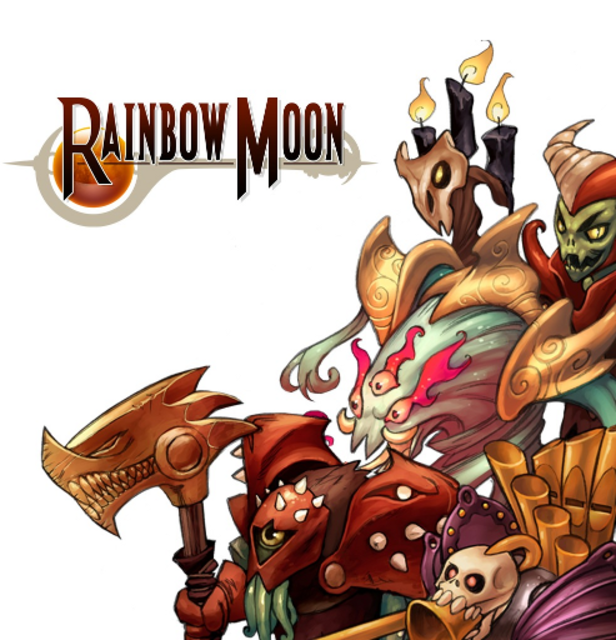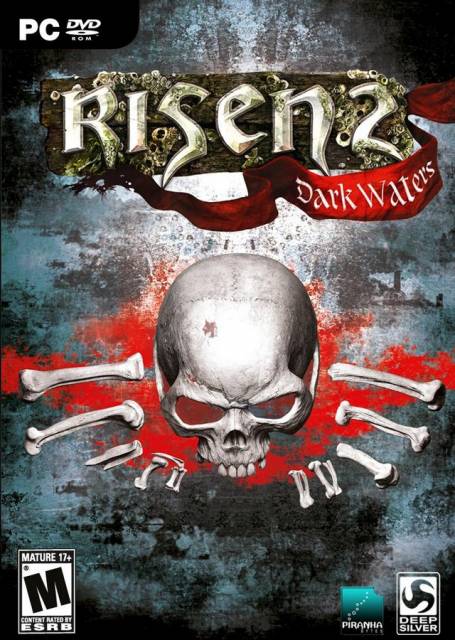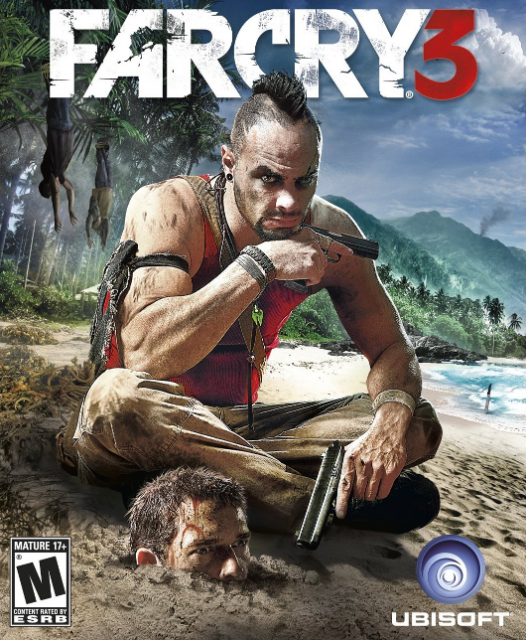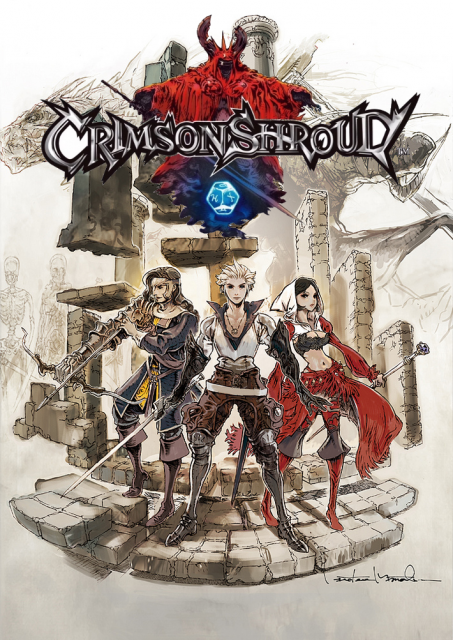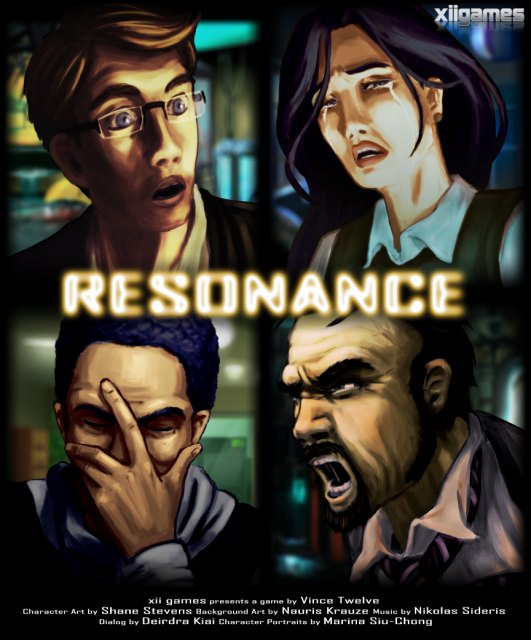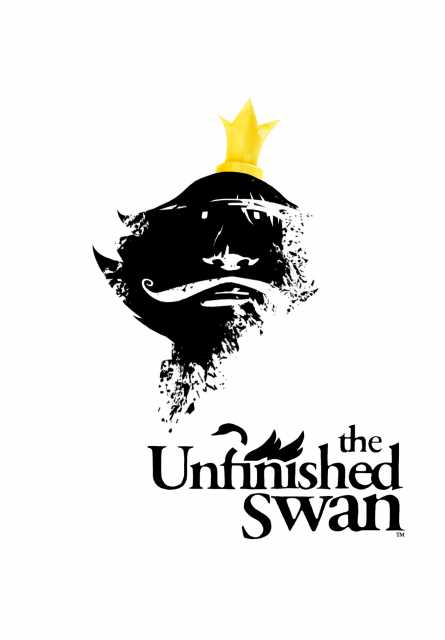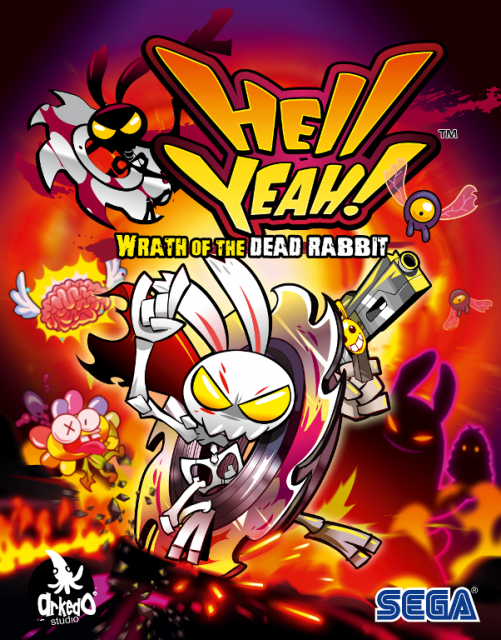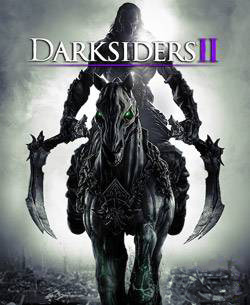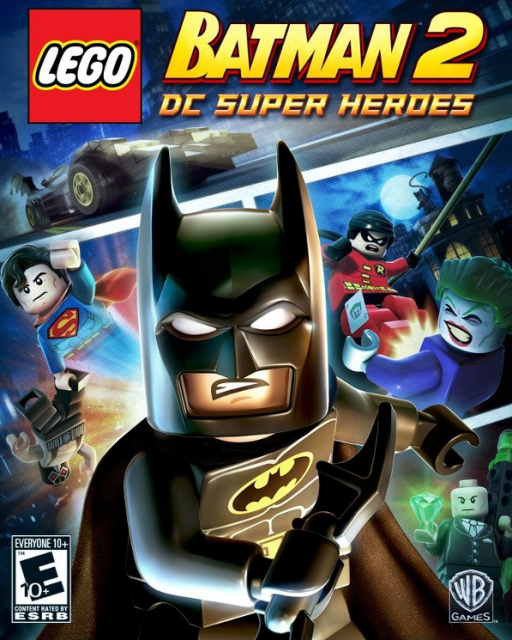GOTY 2012 (Adjusted)
Same deal as the other "GOTY (Adjusted)" lists, filling a few gaps in the below table to ensure I'm all up to date. There's a few unplayed stragglers from 2012 I'm curious about but I think after a decade and change I'm fairly set with this list. The last monumental addition was Tales of Graces F which I played only as recently as 2021; most were either played on the year in question or the one immediately after.
2012 was the last year that the PS3, Xbox 360, and Wii dominated the gaming scene (that is, if you don't include the increasingly robust PC gaming market): the Wii U showed up right at the end of this year, disturbing very little given its lukewarm reception, and then the PS4 and Xbox One made bigger splashes when they landed in the following holiday season. An imminent new generation would tend to have companies focus on current-gen swansongs that pull from those outmoded systems as much as they could while the rest of the industry geared itself up for pastures new, but I find that most of my own list is comprised of smaller or niche games. There's a lot of beginnings and endings here too: Game franchises that got their start in 2012 that are still going strong today—if not through direct sequels than at least by leaving a legacy of imitators—while others were promising new IPs that sadly proved to be one-and-dones.
| GOTYs | (Adjusted) | |||
|---|---|---|---|---|
| 2009 | 2010 | 2011 | 2012 | 2013 |
| 2014 | 2015 | 2016 | 2017 | 2018 |
| 2019 | 2020 | 2021 | 2022 | 2023 |

